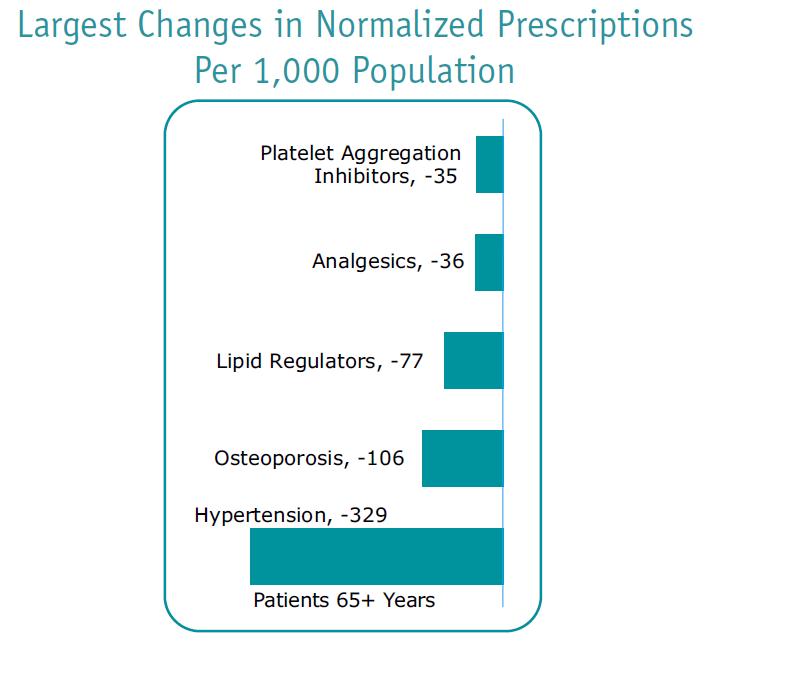Online Pharmacy Economics: Extortion at Home, Freedom Abroad?
Americans need and deserve the freedom to buy medications that are safe and affordable. This is not only true as a matter of right and wrong; it’s a public health issue since about 48 million Americans don’t fill prescriptions due to cost. Online pharmacies offer an important outlet for affordable medication. That’s the good news. The bad news is that some Americans are forced to use online pharmacies when they would rather not; and others who need them are discouraged from doing so. What’s going on here?
According to a recent L.A. Times article, “Consumer Confidential: Fewer choices on buying medications,” more and more Americans are being forced by pharmacy benefit managers (PBMs) to purchase their medication through domestic online pharmacies. Traditionally, PBMs acted as middlemen between health insurance companies, drug companies, and pharmacies. The third party relationship between PBM and pharmacy is deteriorating and the online pharmacies being forced upon Americans are often owned and operated by the PBM! This stands in contrast to the international marketplace.
When it comes to buying medication from Canada and other international pharmacies, despite its technical illegality, Americans feel free to choose which online pharmacy they wish to shop from. We write “technically” because, due to its internal policy guidance on enforcement priorities, the FDA does not appear to prosecute individuals for buying foreign, non-controlled medication for their personal use. Still, the FDA discourages Americans from using all non-US online pharmacies, even safe ones.
Independent studies have shown that credentialed international online pharmacies can and do offer a safe shopping experience through which Americans can best afford their medication. This takes the wind out of the sails of safety-related arguments put forward by the pharmaceutical industry — which profits greatly from high American drug prices — against personal drug importation. But there are other criticisms of personal drug importation that have to do with economics.
Foreign pharmacies are cheaper because other governments negotiate with pharmaceutical companies to control drug prices for all their citizens, something the U.S. government does not do. Thus, personal drug importation is criticized for “importing” drug price controls and spoiling our “free market” in pharmaceuticals. But is our pharmaceutical market truly free?
In the LA Times article mentioned above, Jerry Lacy, who played Humphrey Bogart in “Play it Again Sam,” commented on his actor union’s arrangement with one of the largest PBM’s, Medco, which serves over 65 million people. “It’s like extortion…you do it their way or they won’t pay.” Mr. Lacy drew this conclusion after discovering he could only fill his prescriptions at the pharmacy of his choice twice at the insured (lower) price but then would have to buy from Medco’s online pharmacy or pay full (a higher) price elsewhere.
A letter to the editor by Chief Medical Officer of Express Scripts, another PBM, called “Letters: What Drugs Cost, and Why,” claims that PBM’s do provide choices. Well, maybe somewhat; but this is only partially true because the individual’s choice is not preserved. The employer or insurer chooses the option – not the individual. William Hale, in another letter to the LA Times editor, writes that he had to buy 90-day supplies for his medication from his PBM, even though his doctor would often change medication or dosage before the end of the 90 day supply. As a result, he has hundreds of unused pills and has ended up spending more than he would have if his PBM allowed him to purchase 30-day supplies from his local pharmacy. [For an excellent analysis about the free market for companies but not consumers read: “Inside The Secret World of Drug Company Rebates.”]
With foreign governments negotiating for lower prices in order to reign in government budgets, pharmaceutical companies seek higher profits from higher drug prices in the American “not-so-free” market..The American pharmaceutical market victimizes the millions of American consumers who are forced each year to pay more and more than their foreign counterparts for the same brand name medication or suffer the health consequences due to not taking prescribed medication. One way Americans seek justice is through international online pharmacies.
If considering online personal drug importation or any online pharmacy, experts have advised consumers to avoid online pharmacies that are not credentialed by reputable third parties, such as PharmacyChecker.com or VIPPS. But using common sense, Americans can and do make wise decisions about buying drugs online. For generic drugs, U.S. online pharmacies are often less expensive than non-US online pharmacies. The complete opposite is true for brand name drugs. Due to price competition among international online pharmacies (and of course foreign price controls), Americans can acquire from abroad the same medications sold here at an 80% discount.
By herding more of their members to their own pharmacies obviously PBMs can offer lower prices than local pharmacies; but this price reduction is not due to a “free market.” The only pharmaceutical market that is meaningful to most Americans is the one that provides them a safe prescription medication at the lowest price. Ironically it is often non-US online pharmacies that offer them such freedom.
Tagged with: Drug Prices, Jerry Lacy, L.A. Times, Online Pharmacies, PBMs


